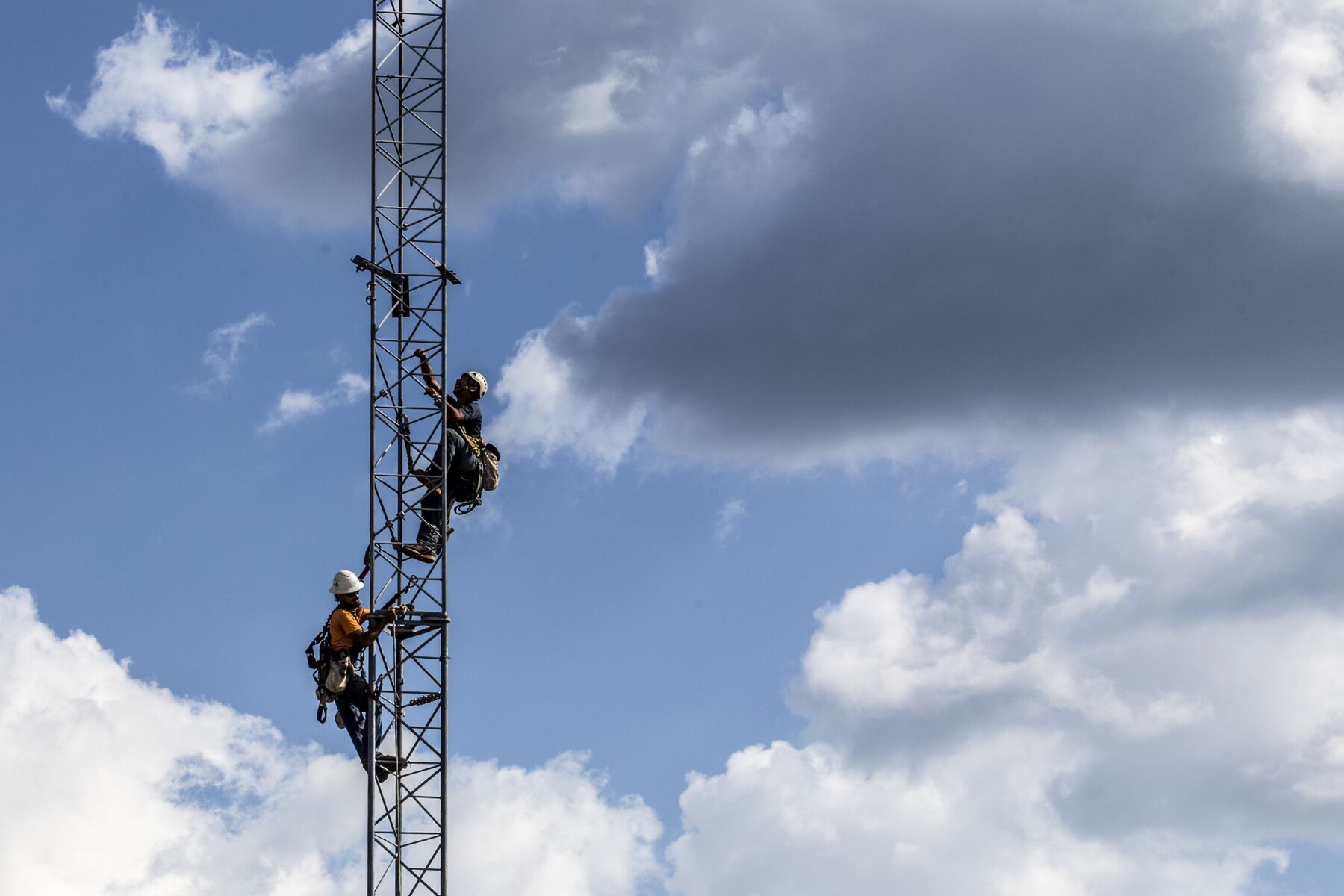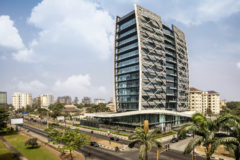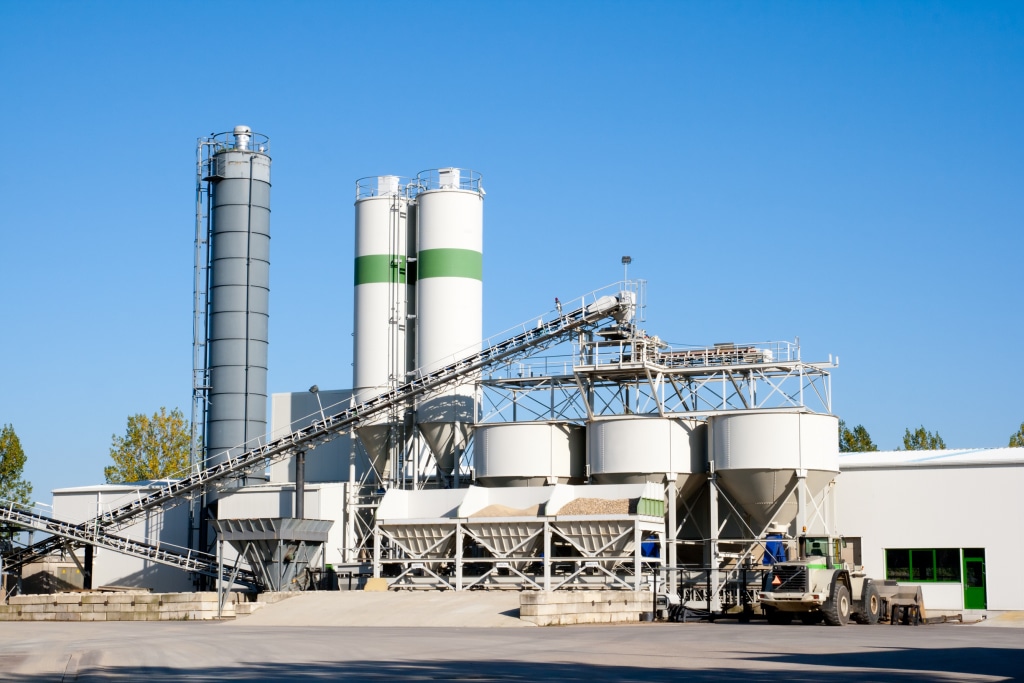Operators in Nigeria’s telecoms industry are bracing for a bleak year, with a scarcity of the greenback, rising diesel prices, and naira devaluation, putting pressure on operating margins.
If the naira continues its downward spiral, many infrastructure projects, including 5G rollout across the country, will be stalled. Mafab Communications, which won one of the 5G licences in 2021, is currently pushing to launch its 5G network later this year. However, progress in deploying infrastructure from scratch has been stalled by the foreign exchange crisis in Nigeria. Telecom equipment is mostly imported into the country, hence they are subject to currency fluctuations. Although MTN and Airtel have already launched their 5G networks, experts say they still require massive investments in infrastructure to make the service go around the country and to provide quality service.
The FX crisis has affected every operator, but smaller players are the most hit, said Tony Emoekpere, president of the Association of Telecommunications Companies of Nigeria (ATCON).
MTN Nigeria, Airtel, and Globacom are the dominant players in the industry. Last week, Airtel’s financial report showed a 1.4% decline in revenue to $3.86 billion from $3.91 billion posted in the comparable period in 2023. 9Mobile, which is the fourth largest operator, has seen its data subscription revenue significantly depleted as subscribers continue to exit its network. The data subscription figures on 9Mobile stand at 3.81 million as of September 2023, representing a 127% decline from a peak of 17.1 million subscribers recorded in April 2016.
The challenges will also impact the 70% broadband penetration target set by Bosun Tijani, Nigeria’s minister of communication, innovation, and digital economy. As of November 2023, broadband penetration stood at 41.87%, representing a 14.2% decline from March 2023, when the figures hit a peak of 48.28%. Aside from missing a 50% penetration target for 2023, the industry is about 28% adrift of the 70% target in 2025.
The telecom industry has also struggled to raise capital and keep up with peak GDP contributions. In 2022, investments in telecoms declined by more than 50% from $753.04 million in 2021 to $399.9 million in 2022. The industry’s GDP contribution dropped by 17.3% to 13.5% in Q3 2023 from 16.06% in Q2 2023.
“It is what it is, the telecom industry is bleeding. As things stand, investors are unwilling to put in money because the economics do not make sense,” said Gbenga Adebayo, president of the Association of Licensed Telecommunications Operators of Nigeria (ALTON).
Why diesel price is rising in Nigeria
Diesel is very critical to the power consumption needs of operators in the telecom industry, especially the base stations. The price of diesel has fluctuated within the range of N900 to N1200 in recent times. However, TechCabal found that the price moved between N1200 and N1350 at Enyo and AP filling stations, respectively. The price movement happened between Saturday, February 3 and Monday, February 5.
Mokolade Ashafa, a filling station manager, attributed the price increase to the difficulty marketers face accessing the product from the depot. Diesel prices rose from ₦288.09 per litre in January 2023 to ₦1,126.69 per litre in December 2023, data from the National Bureau of Statistics showed.
Nevertheless, most of the power costs are not borne directly by telcos like MTN and Airtel. The base stations of most operators are outsourced to infrastructure companies such as IHS and American Tower Company (ATC). The infrastructure companies then shoulder the responsibility of providing 24/7 electricity to the base stations. These companies use a mix of diesel and renewable sources to power the base stations. A change in diesel prices automatically affects infrastructure companies’ costs. Costs are transferred to the telcos, who must then adjust consumer prices.
Telecommunication companies spent about ₦429.43 billion on fueling base stations representing an increase of 34.57% from the ₦319.11 billion spent in 2022, as per a Punch report.
However, telcos cannot increase prices independently without the Nigerian Communications Commission’s approval. The price of internet data was recently increased by 10% by telcos like MTN Nigeria. But telecom stakeholders say it has taken the regulator so long to approve an upward price review that is globally competitive and one which assures investors of return on investments.
Beyond regulators, the telecom operators also contend with consumer advocacy groups. The industry was dragged to court by the National Association of Telecom Consumers of Nigeria (NATCON) over the 5% data and airtime tariff increase approved by Ali Isa Pantami, former minister of communications and digital economy. The case is still in court and restricts the operators from implementing the 5% data, airtime hike, said Adeolu Ogunbanjo, president of NATCON.
Ogunbanjo said what the association is trying to avoid is a situation where subscribers are saddled with extra pressure on their income, hence the government needs to find a way to address issues like multiple taxation and wild disparity in Right of Way charges the operators are facing.

















